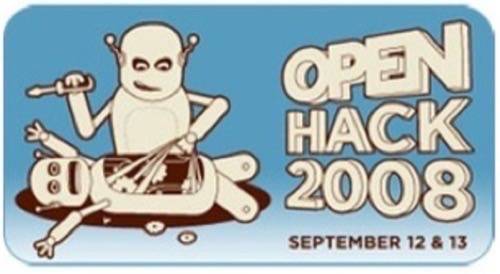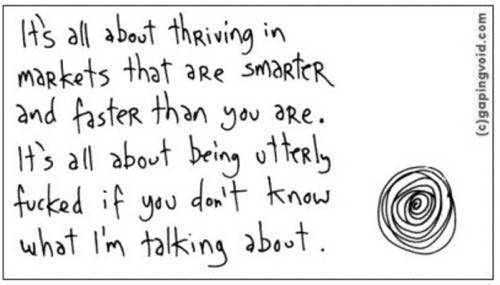You are not the center of the universe, especially on the internet. That’s the lesson that even the biggest web brands are learning fast, and we expect to see widespread cultural changes occur right along side their learning.

One week after we wrote about the leaked screenshots that have since been confirmed as the forthcoming home page design of AOL.com, where 3rd party content and functionality is now welcome to come on in through the front door, now Yahoo! is telling the press that its home page will soon be home to far more content from outside the Yahoo! network than ever before. The era of the walled garden is over.
What’s Coming to Yahoo.com
Yahoo told the AP this morning that it will soon roll out the first major redesign of its home page in two years. That redesign will host a wide variety of widgets from rival services like movie links from Netflix, music from iTunes and Amazon. It will be something like the Facebook platform, but with more prominent placement for 3rd party services than even Facebook offers. Yahoo has talked about this plan before, but now is making a media push in preparation for action.

Left: The awesome logo for this week’s Yahoo Hack Day
Just Like AOL.com, and Everyone Else On Top of Their Game
Yahoo’s plans are similar to what AOL appears to be planning, where activity updates 3rd party social networks and possibly an on-site RSS reader will bring new functionality to AOL users.
As we wrote last week about AOL’s strategy:
Aggregation of content from around the web is quite likely a key part of the future for almost all successful websites; the web is too large to pretend you’re an island any more, even if your network is sprawling it just can’t compete with the options offered by the web at large. While mainstream users used to think that AOL was the internet for years, they are not so naive any more.
This is an Important Trend
We’ve written here about the new class of powerhouse sites that specialize in bricolage, the art of assembling found objects. (Think BoingBoing and Neatorama). We’ve also written about why online noise is good for you. We don’t expect the big portals to go as far with this strategy at first as the edge publishers have, but just like Google’s indexing the open web blew the Yahoo! directory out of the water in search – so too is a new paradigm in aggregate publishing out-competing brand-selected, human edited portals.

Right: Hugh MacLeod puts it frankly.
It’s an exciting time. We look forward to seeing how the rest of the world changes as the leading sources of information online turn towards a model of intelligent collecting and sharing, as opposed to a closed, self-facing broadcast model.

















